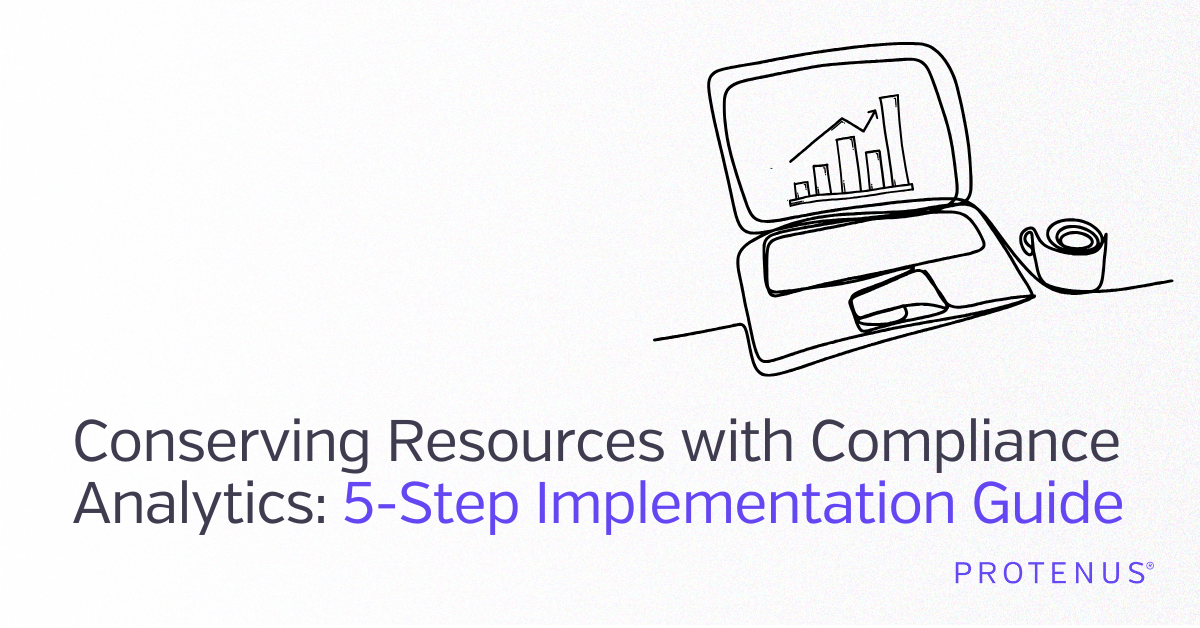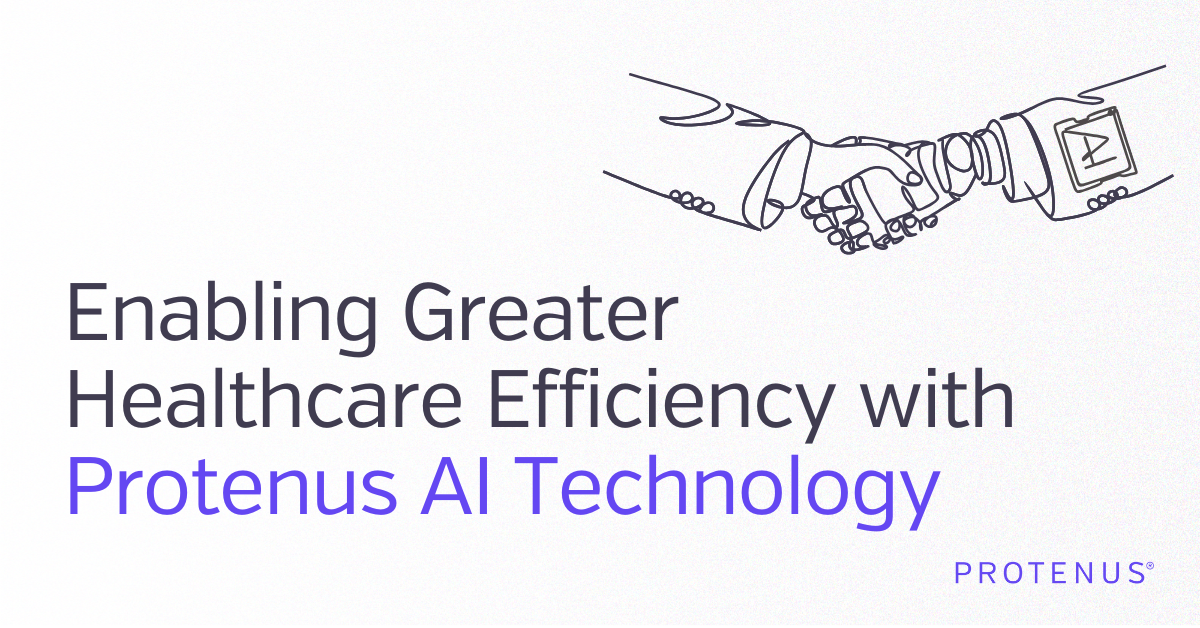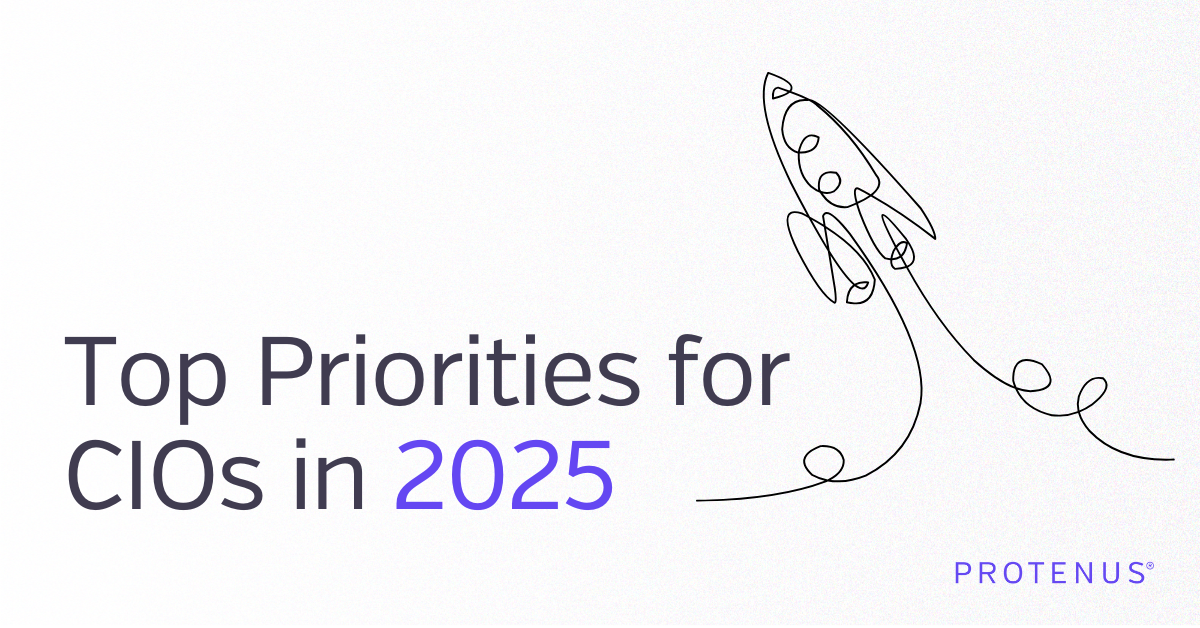Share this

Go beyond "checking the box" in healthcare privacy
by Molly Prince, UHCC Privacy Officer and Data Governance on September 17, 2018
Medical records are the most comprehensive aggregation of a person’s medical history, archiving sensitive diagnoses, medications, blood types, and financial information. While there are millions of accesses to patient data every single day, healthcare organizations simply do not have the necessary resources to manually audit every access within their EHR.
Privacy professionals are tasked with keeping patient data safe under HIPAA, but “checking the box” does not resolve the health data security issues or organizational risks plaguing many health systems. Artificial Intelligence (AI) is changing how healthcare privacy teams detect potential threats to their data, allowing them to easily review every access within their EHR. Using AI-powered analytics, privacy teams can increase efficiency, focus on top priorities, identify issues before they become costly for healthcare organizations, and maintain patient trust.
“Checking the box” is a common term that indicates when teams are doing just enough to stay compliant, but what they’re doing does not truly resolve the issues, as they’re stuck in a purely reactive privacy posture. Manual audits and rules-based technology have long been accepted as steps in the right direction. However, because they require sifting through a plethora of false positives, time and resources are directed away from the most serious threats to patient data.
Increase team efficiency
AI-powered analytics offer a valuable extension to healthcare privacy teams. They help streamline case resolution by generating alerts that immediately indicate why an access to patient data is considered inappropriate. This natural language report allows privacy professionals to skip over the tedious, labor-intensive steps in an investigation so that more cases can be resolved in less time. After all, time is a precious resource in an investigation.
The information provided also increases a privacy analyst’s confidence that what they are investigating truly needs their attention, since AI-powered analytics have shown to be greater than 97 percent accurate. Privacy teams no longer need to worry about the havoc that lurking threats to patient data might wreak upon their organization.
Focus on top organizational priorities
Before the adoption of AI-powered analytics, false positives plagued privacy teams as they reviewed cases, and unnecessarily depleted their valuable time and resources. Most importantly, true threats still went undetected. Now, privacy teams can rely on advanced analytics to bring true threats to their attention and effectively resolve cases in minutes instead of taking hours or days to identify and investigate them. This new efficiency allows privacy teams to return their focus to top priorities at their institutions, working on projects that better utilize their skill sets - far beyond sifting through a spreadsheet document with a highlighter.
Gain actionable insight
Advanced analytics allow privacy teams to demonstrate tangible return on investment (ROI), building insight into which roles or departments are most likely to violate privacy. This knowledge allows them to begin education and training initiatives to mitigate associated risk. Proactive activities can receive more attention than reactive responses.
AI-powered analytics and education initiatives can be used to show hospital leadership what methods are reducing risk throughout their organization and better protecting patient privacy. Privacy teams get the details they need – when they need them – meaning that they proactively mitigate incidents before they become costly for the organization and its patients.
There was an average of one health data breach per day in 2017. This trend has continued into 2018, according to the Protenus Breach Barometer. With that rate of occurrence, healthcare organizations cannot afford to stay reactive and simply check the box to remain HIPAA compliant. Utilizing AI-powered technology allows privacy teams to audit every access to patient data, proactively detect true threats to their organization, and efficiently respond to privacy incidents that require immediate attention.
AI provides timely, actionable insight into potential violations, decreasing risk and providing better protection of patients’ most sensitive data, ultimately increasing patients’ level of satisfaction and trust in the organizations where they seek care.
To learn more about how AI-powered analytics can help privacy teams better protect patient data, join the Privacy FAQ Series for expert insights and actionable advice.
Share this
- December 1, 2024 (3)
- November 1, 2024 (1)
- October 1, 2024 (2)
- September 1, 2024 (1)
- August 1, 2024 (1)
- July 1, 2024 (1)
- June 1, 2024 (1)
- May 1, 2024 (1)
- March 1, 2024 (2)
- February 1, 2024 (3)
- January 1, 2024 (1)
- December 1, 2023 (1)
- November 1, 2023 (3)
- October 1, 2023 (3)
- September 1, 2023 (1)
- August 1, 2023 (1)
- July 1, 2023 (2)
- April 1, 2023 (1)
- March 1, 2023 (1)
- February 1, 2023 (1)
- December 1, 2022 (3)
- November 1, 2022 (3)
- October 1, 2022 (1)
- September 1, 2022 (1)
- August 1, 2022 (2)
- June 1, 2022 (4)
- May 1, 2022 (5)
- April 1, 2022 (1)
- March 1, 2022 (4)
- February 1, 2022 (3)
- November 1, 2021 (2)
- October 1, 2021 (3)
- September 1, 2021 (3)
- August 1, 2021 (3)
- July 1, 2021 (4)
- June 1, 2021 (2)
- May 1, 2021 (2)
- April 1, 2021 (2)
- March 1, 2021 (5)
- February 1, 2021 (1)
- January 1, 2021 (1)
- December 1, 2020 (1)
- November 1, 2020 (2)
- October 1, 2020 (2)
- September 1, 2020 (3)
- August 1, 2020 (2)
- July 1, 2020 (2)
- June 1, 2020 (6)
- May 1, 2020 (3)
- April 1, 2020 (4)
- March 1, 2020 (2)
- February 1, 2020 (4)
- January 1, 2020 (2)
- December 1, 2019 (2)
- November 1, 2019 (1)
- October 1, 2019 (1)
- September 1, 2019 (1)
- August 1, 2019 (1)
- June 1, 2019 (1)
- April 1, 2019 (1)
- February 1, 2019 (1)
- January 1, 2019 (1)
- December 1, 2018 (2)
- November 1, 2018 (2)
- October 1, 2018 (2)
- September 1, 2018 (3)
- August 1, 2018 (1)
- July 1, 2018 (2)
- June 1, 2018 (2)
- May 1, 2018 (1)
- April 1, 2018 (1)
- March 1, 2018 (2)
- February 1, 2018 (6)
- January 1, 2018 (2)
- September 1, 2017 (2)
- August 1, 2017 (2)
- June 1, 2017 (2)
- May 1, 2017 (1)
- April 1, 2017 (1)
- March 1, 2017 (2)
- February 1, 2017 (5)
- January 1, 2017 (2)
- December 1, 2016 (3)
- November 1, 2016 (5)
- October 1, 2016 (4)
- September 1, 2016 (8)
- August 1, 2016 (4)
- July 1, 2016 (4)
Subscribe by email
You May Also Like

Conserving Resources with Compliance Analytics: A 5-Step Implementation Guide

Enabling Greater Healthcare Efficiency with Protenus AI Technology

.png?width=1000&height=140&name=Bluesight%20%2B%20Protenus%20Logo%20%20(1).png)
